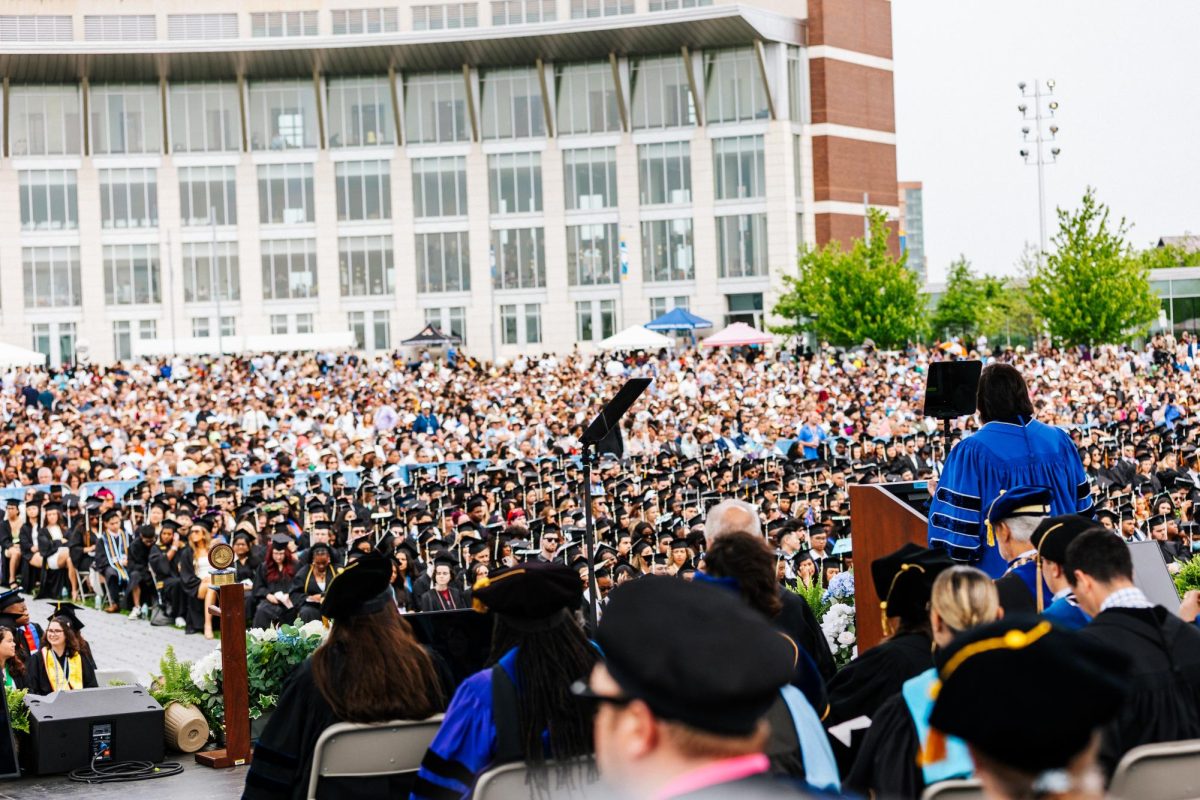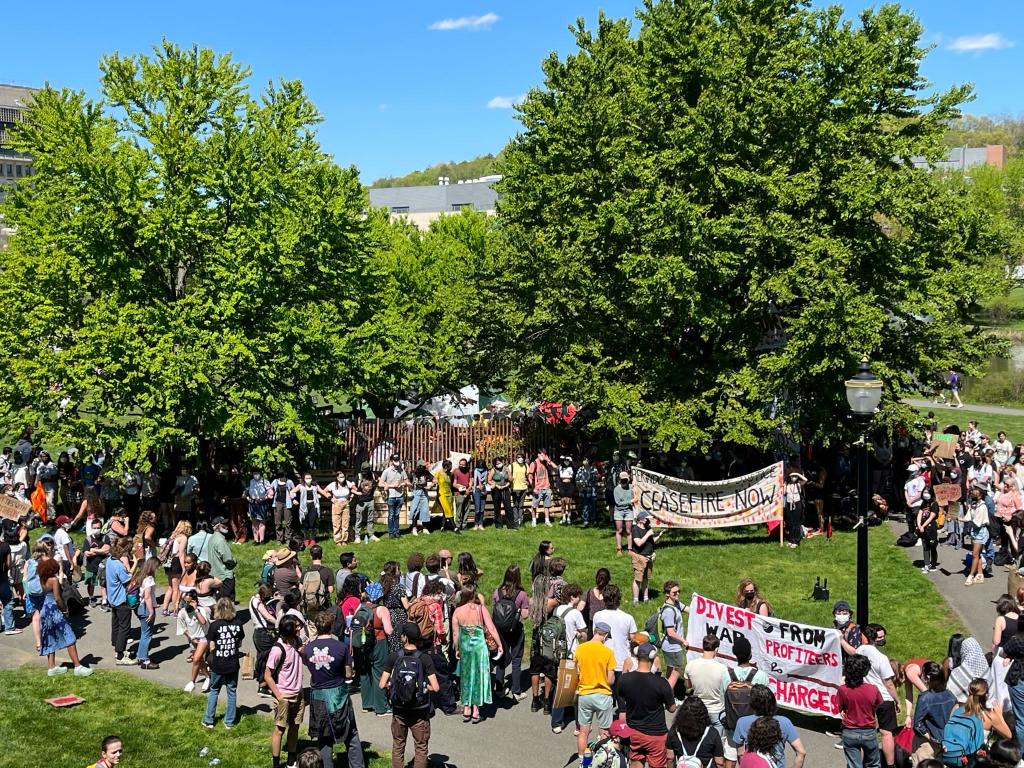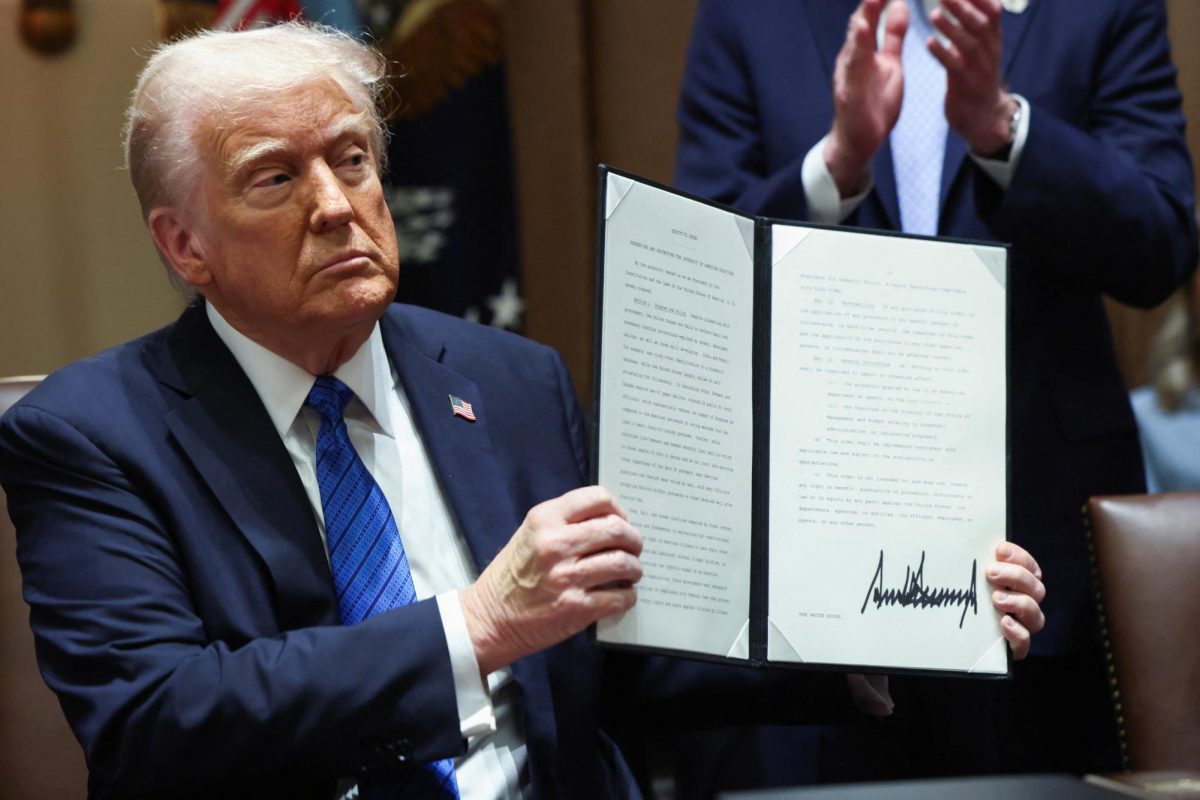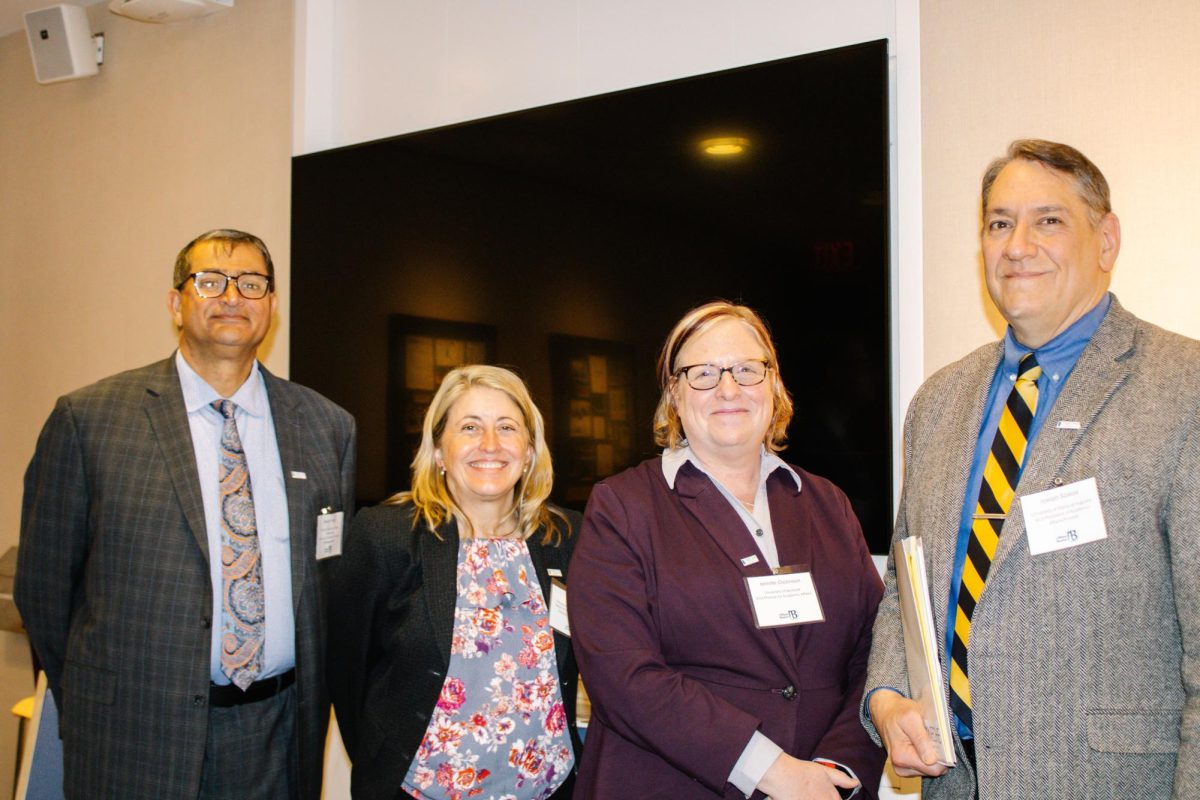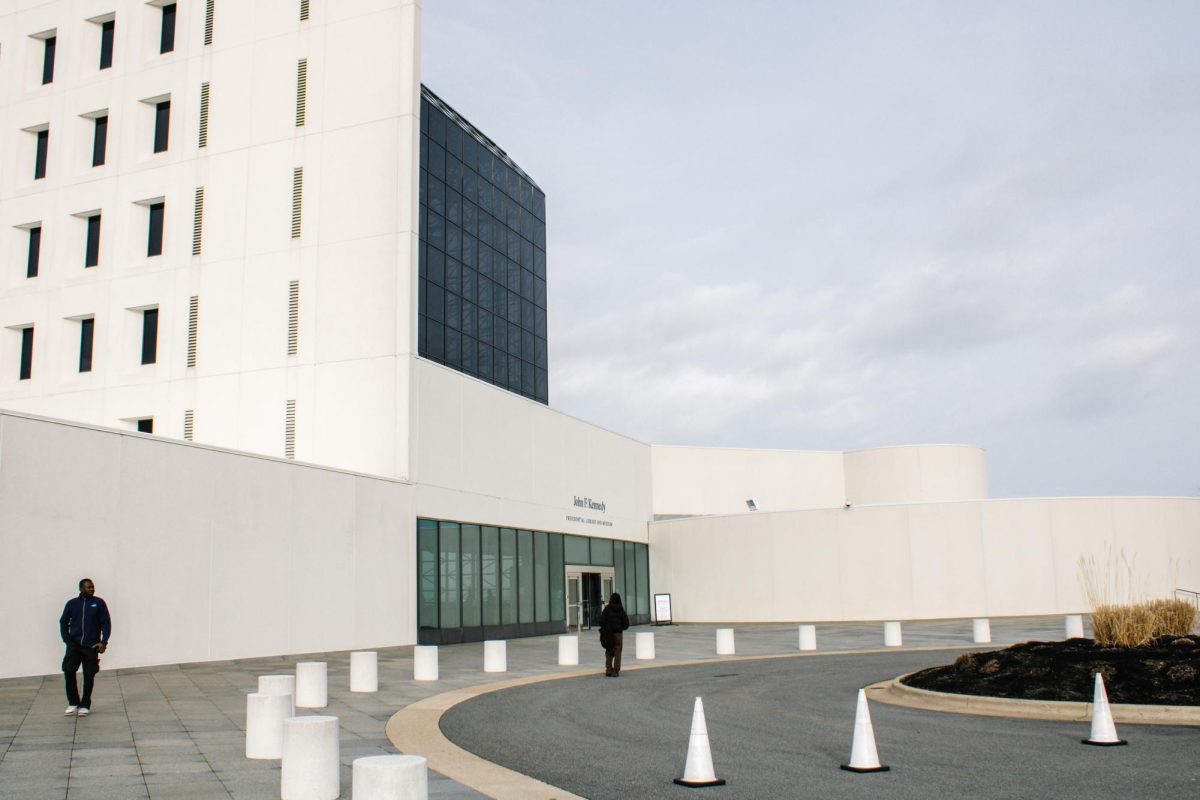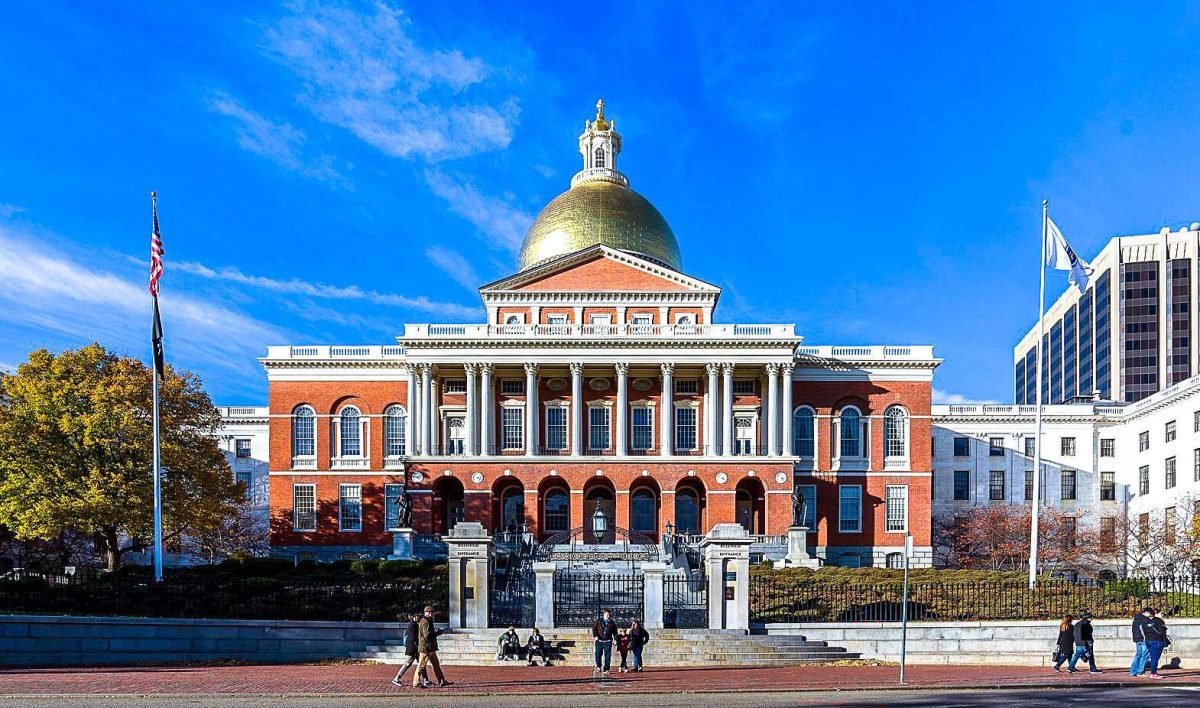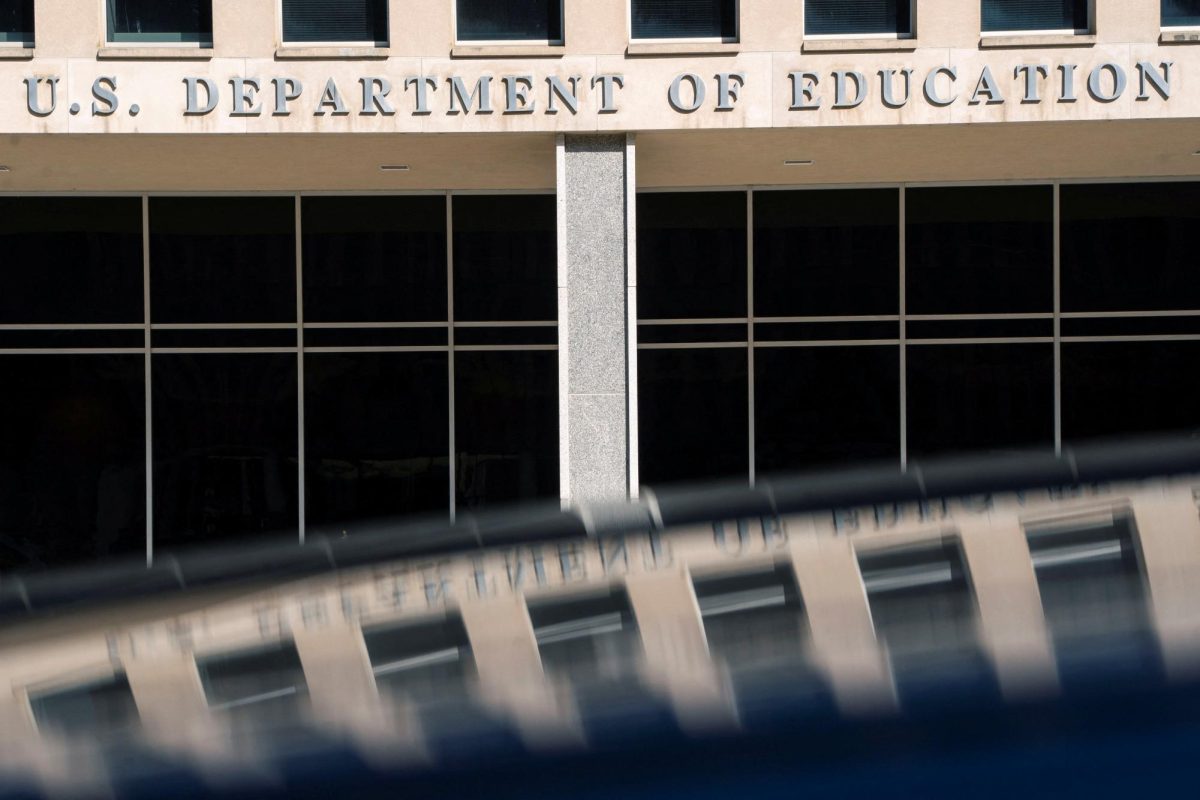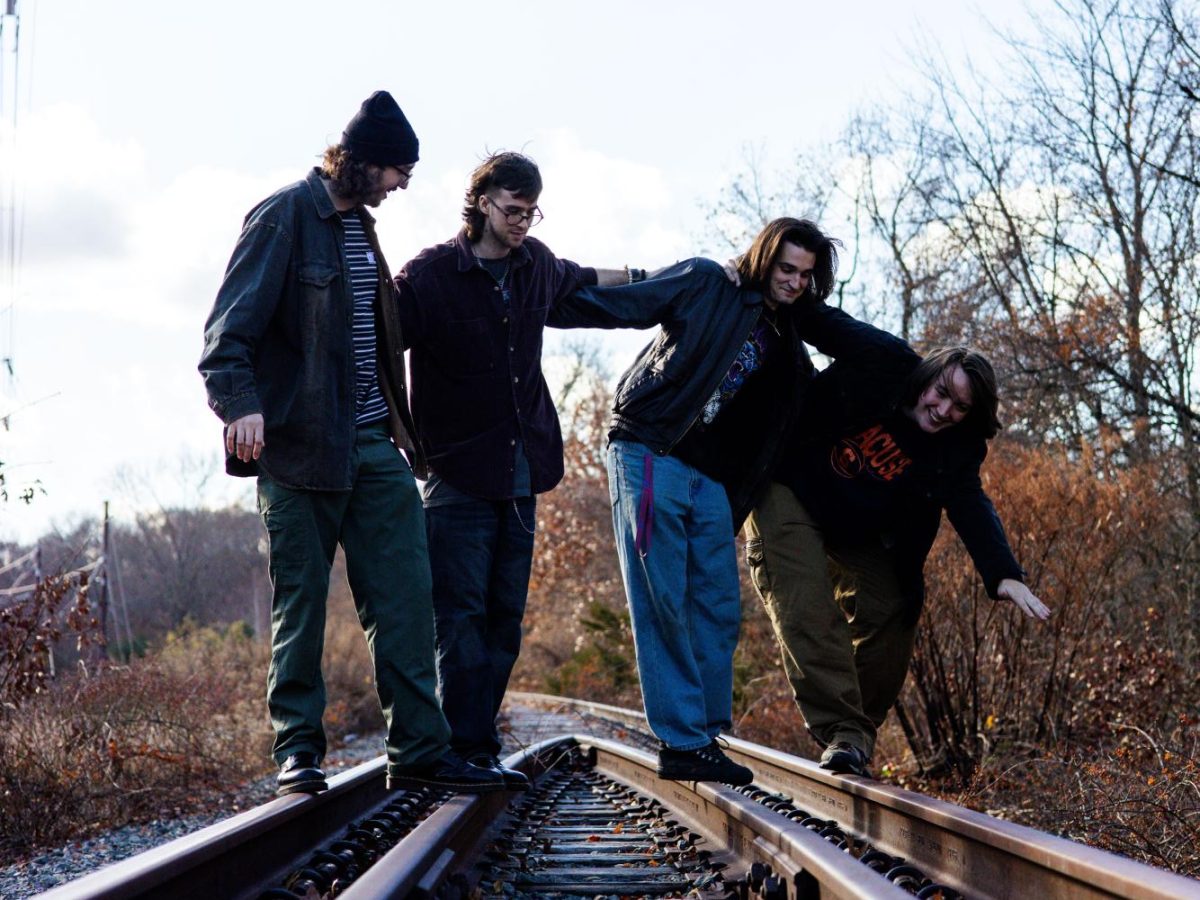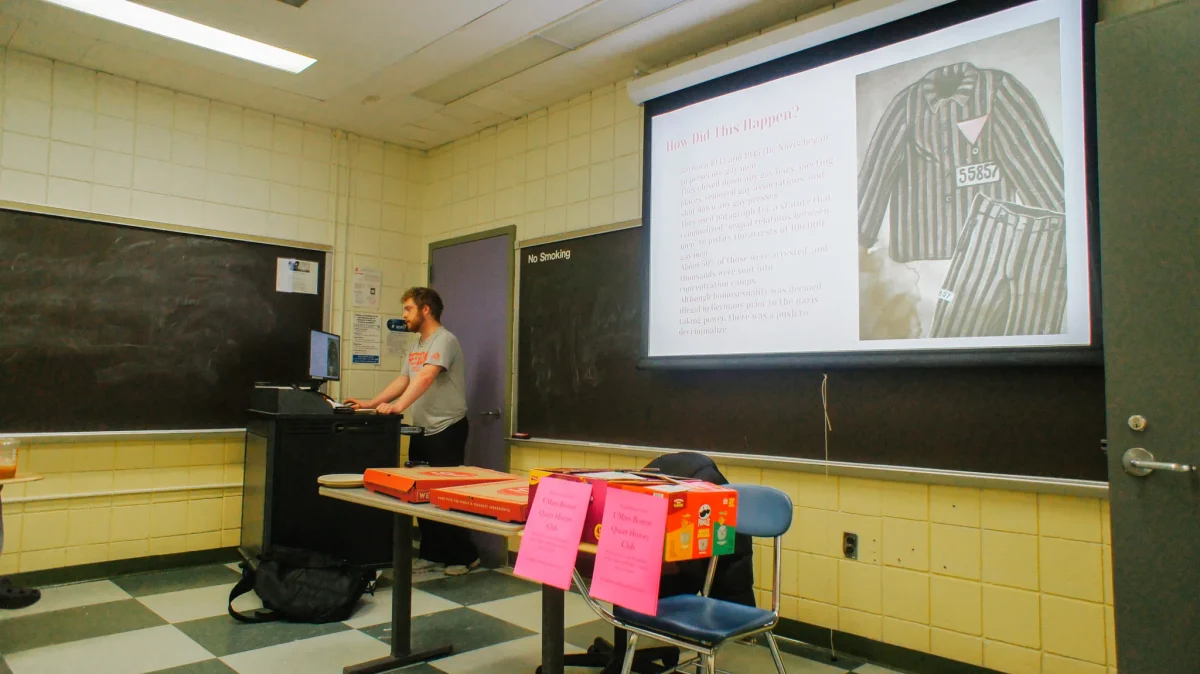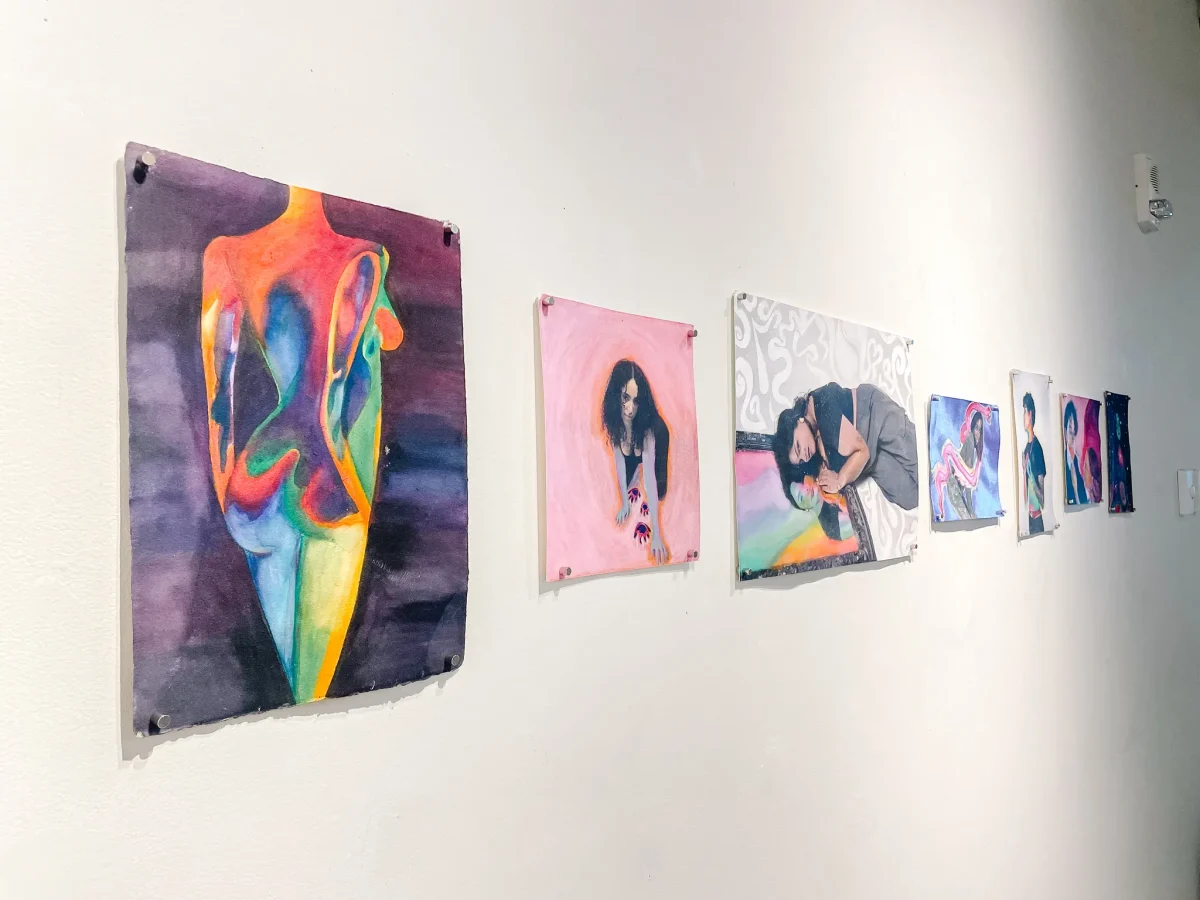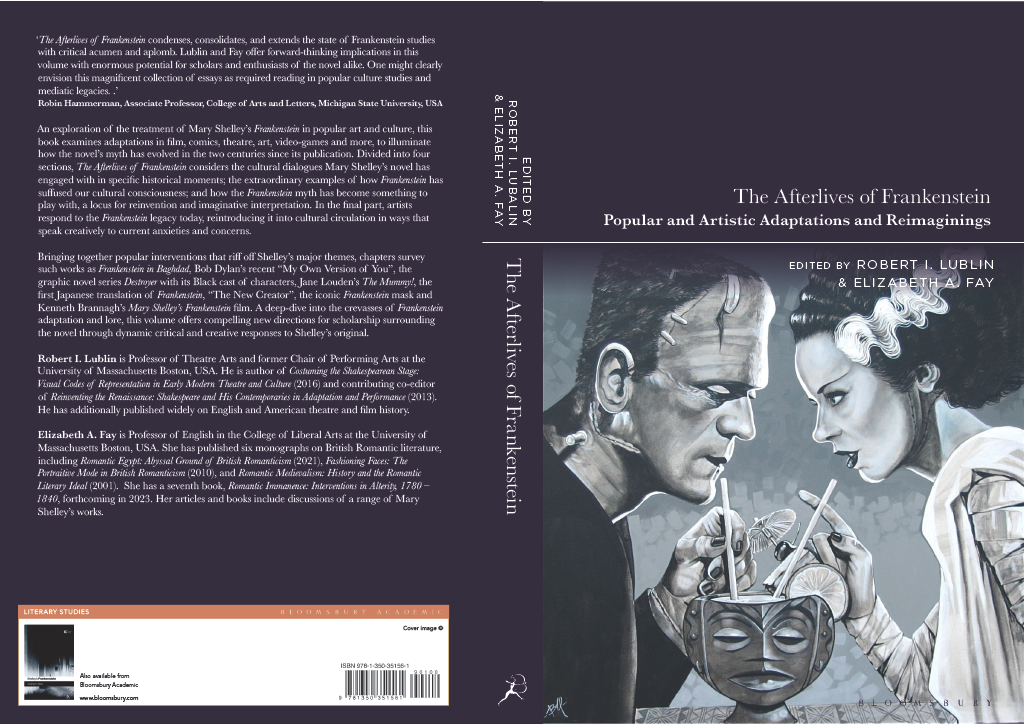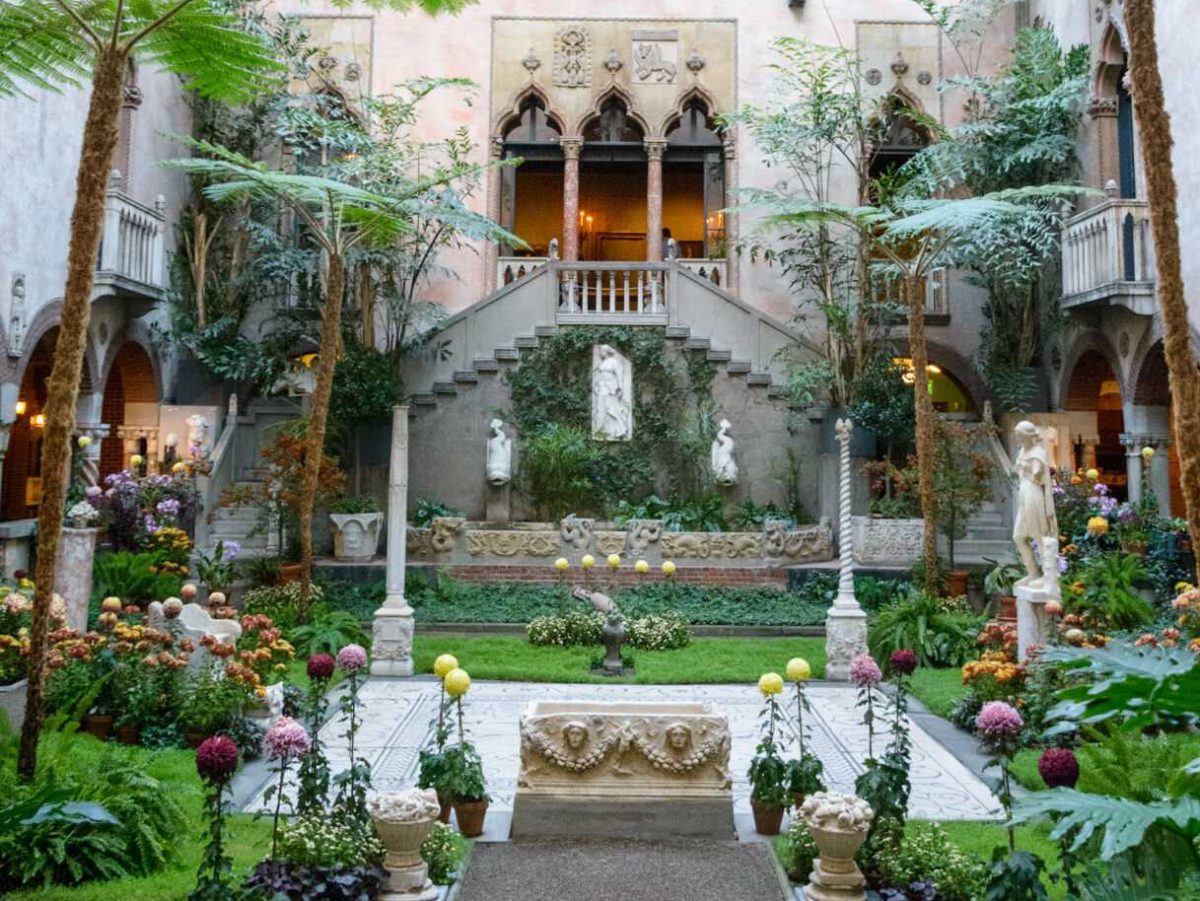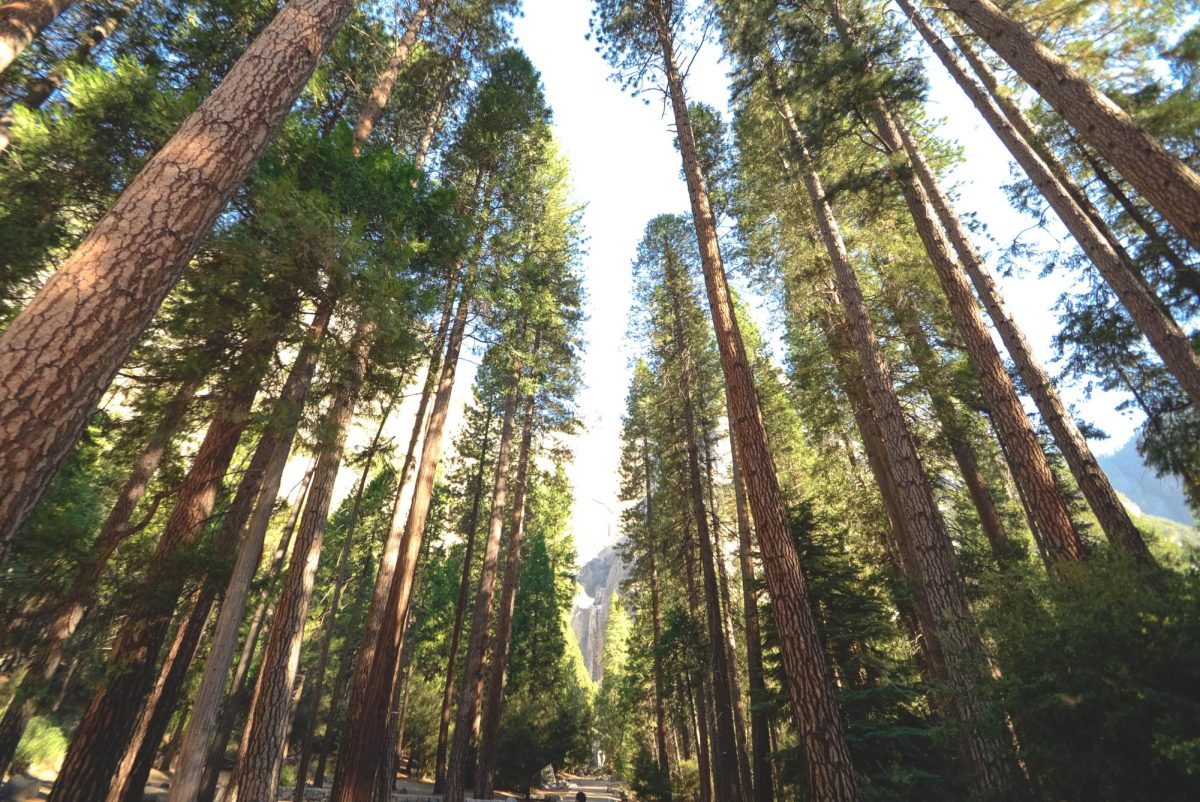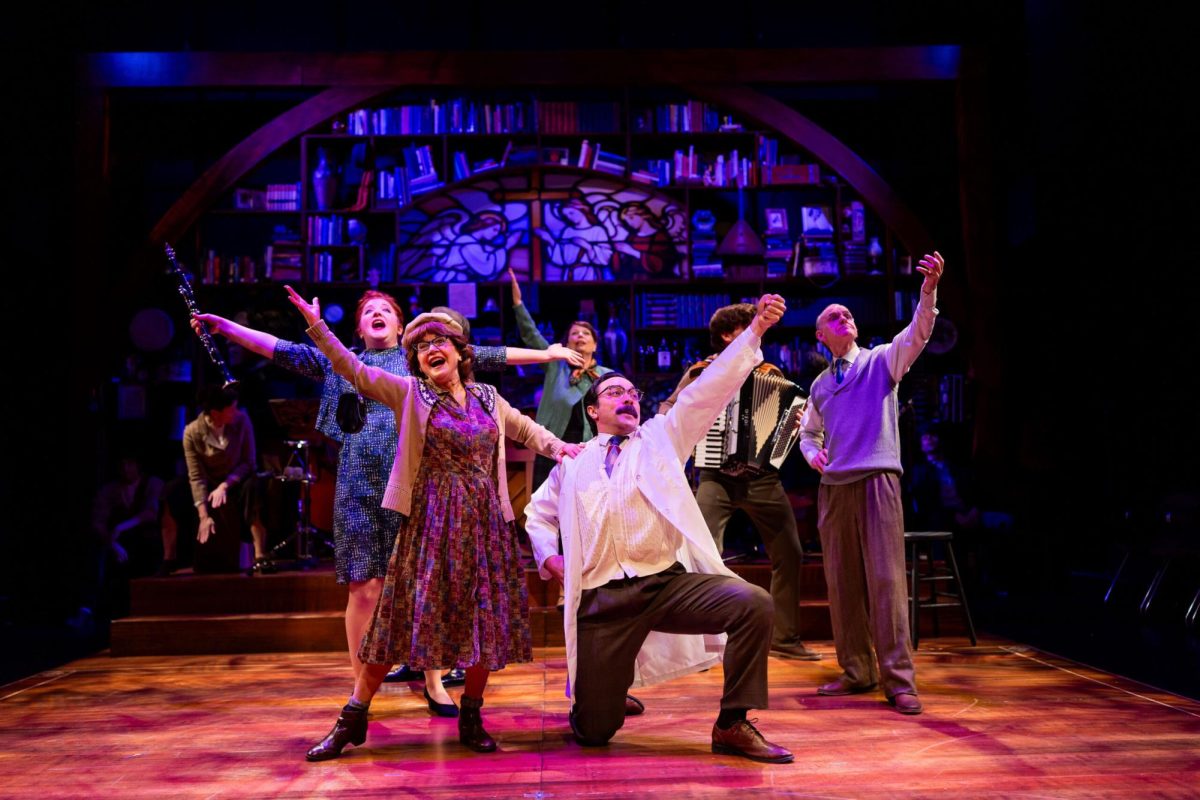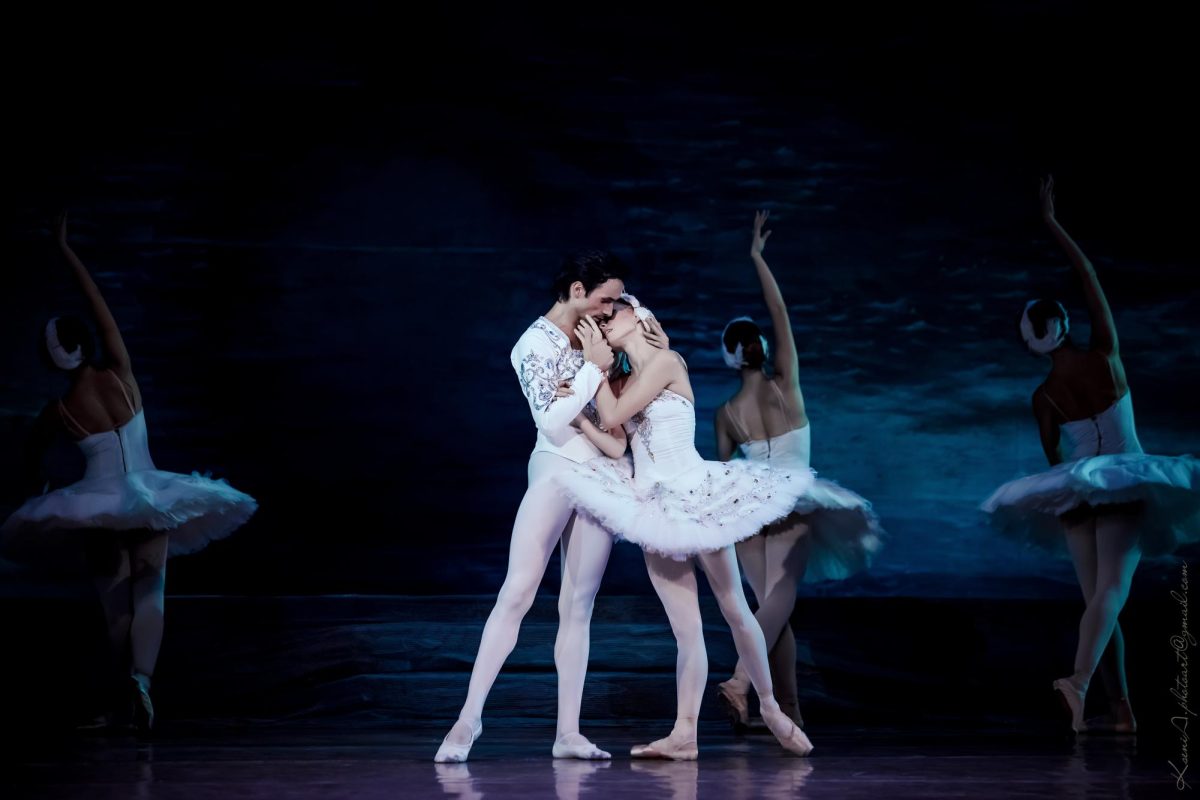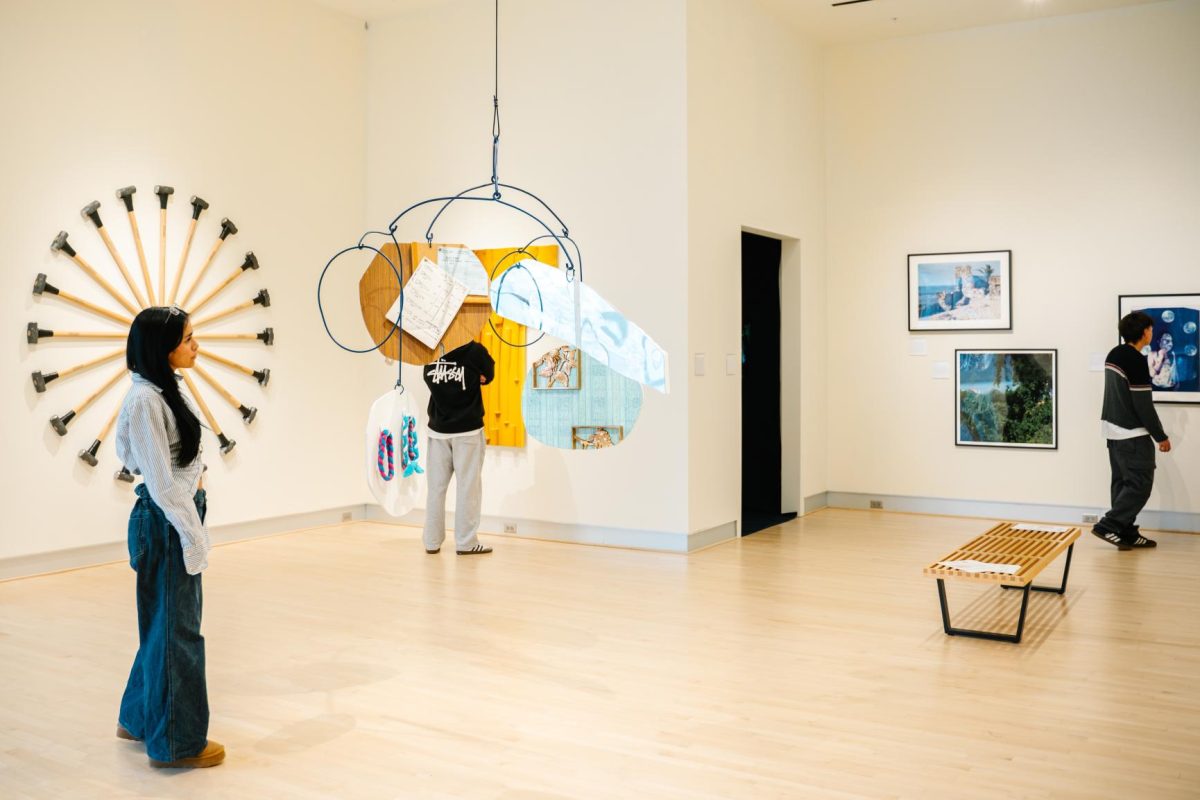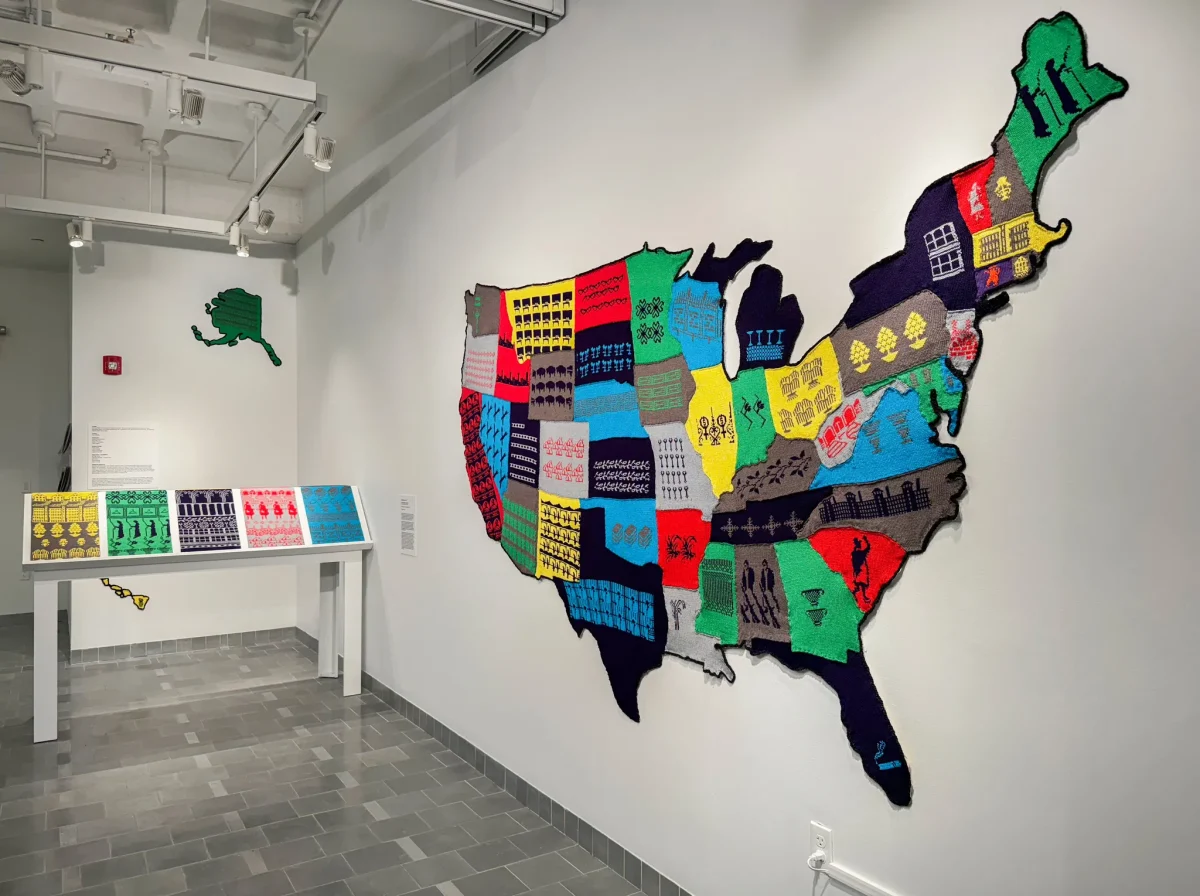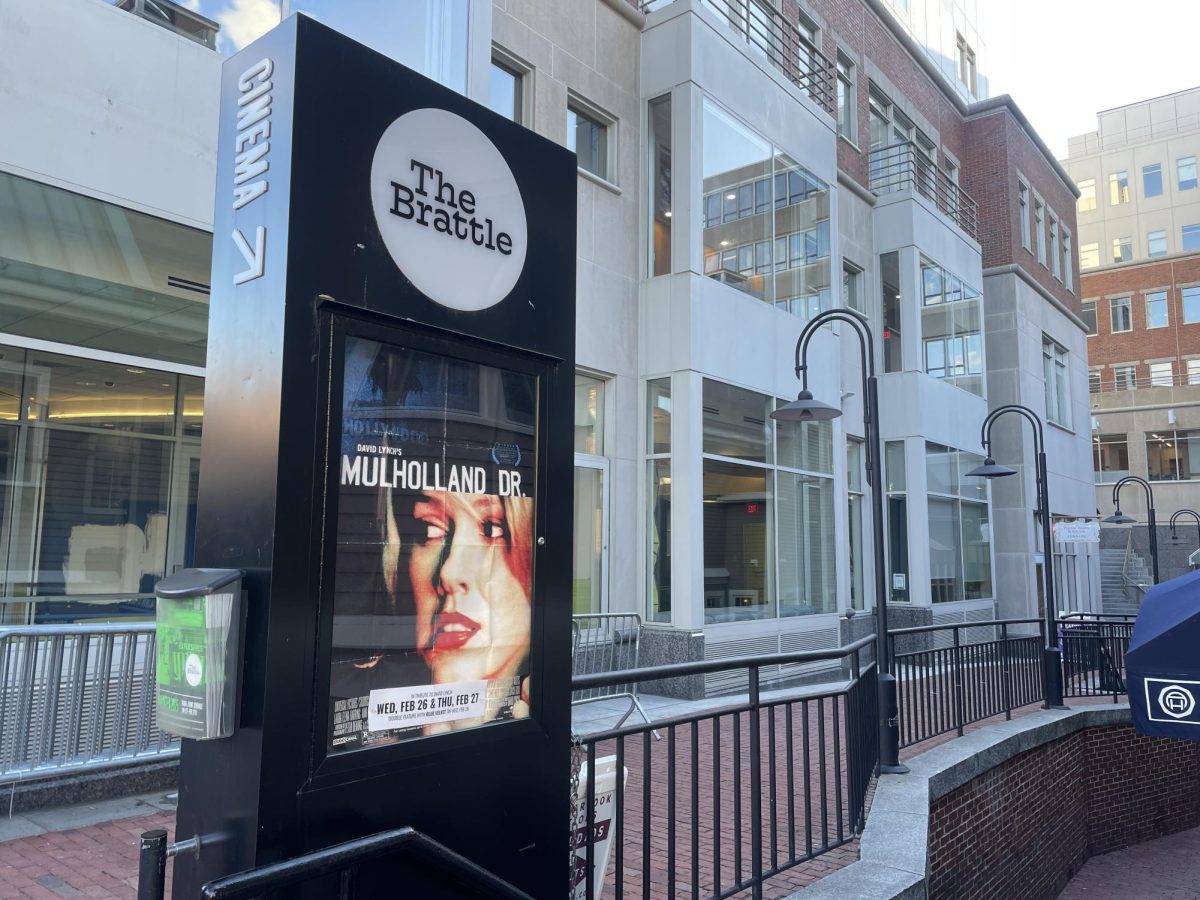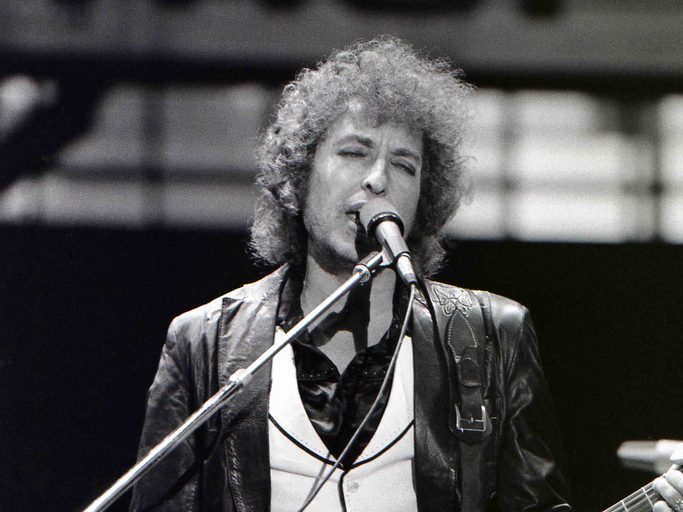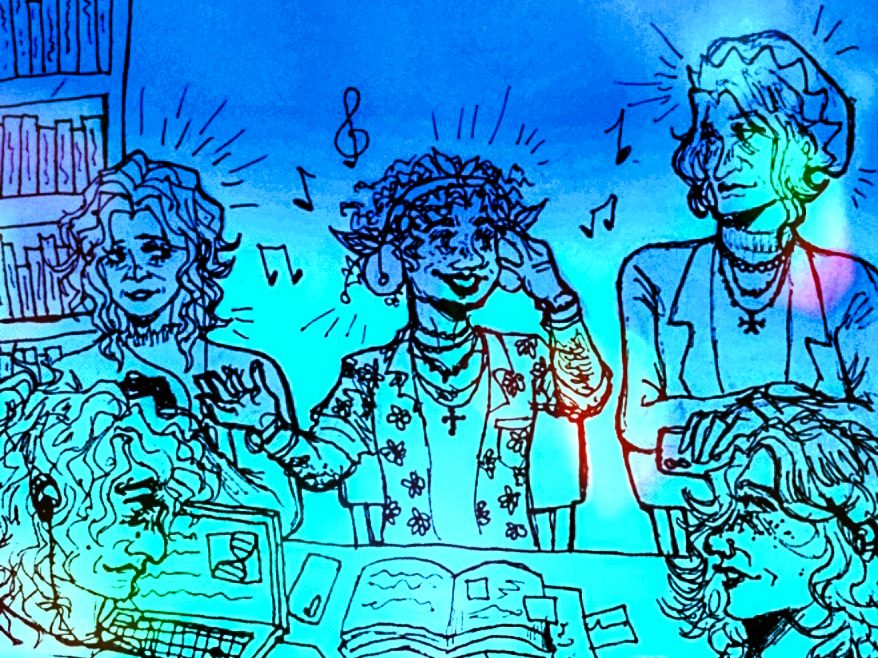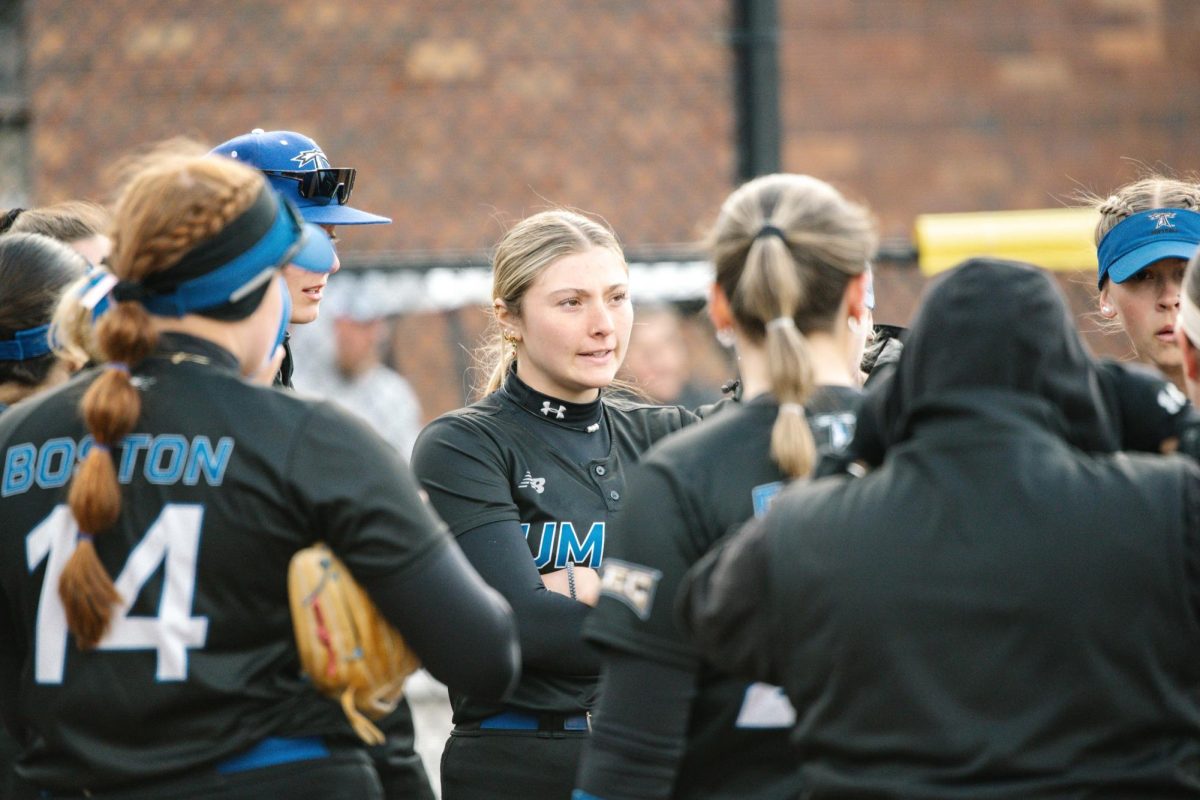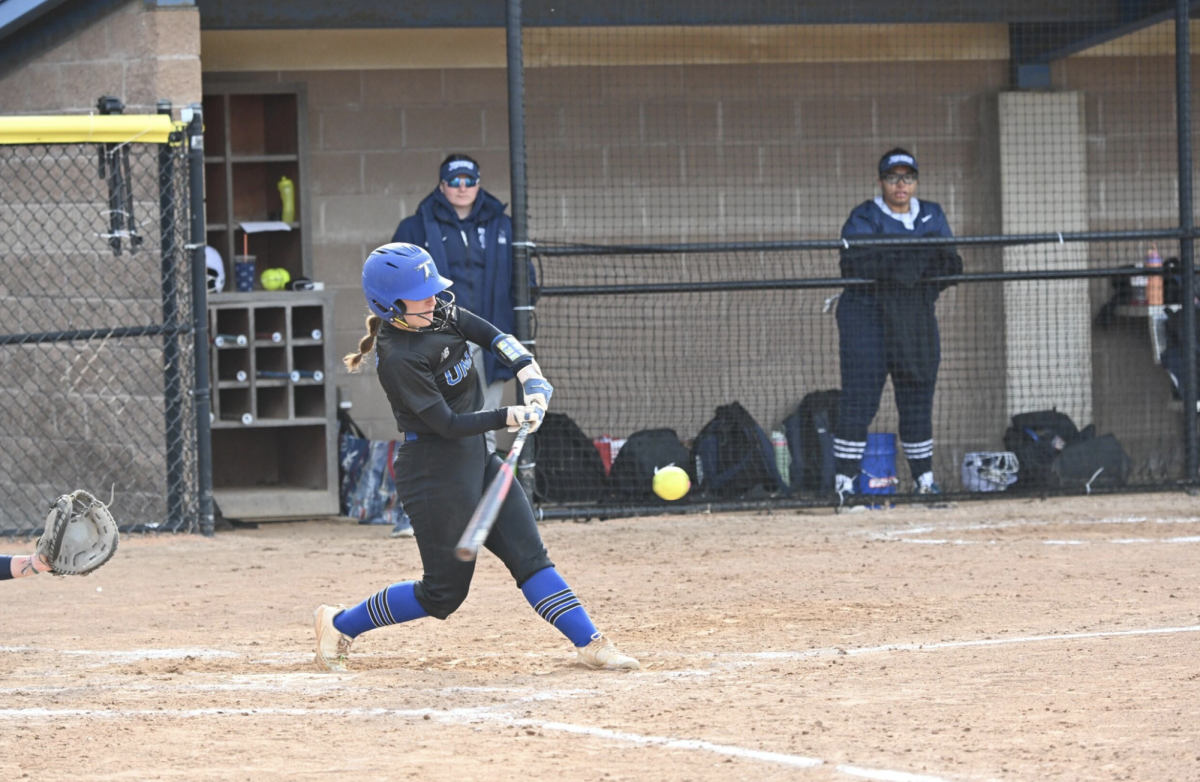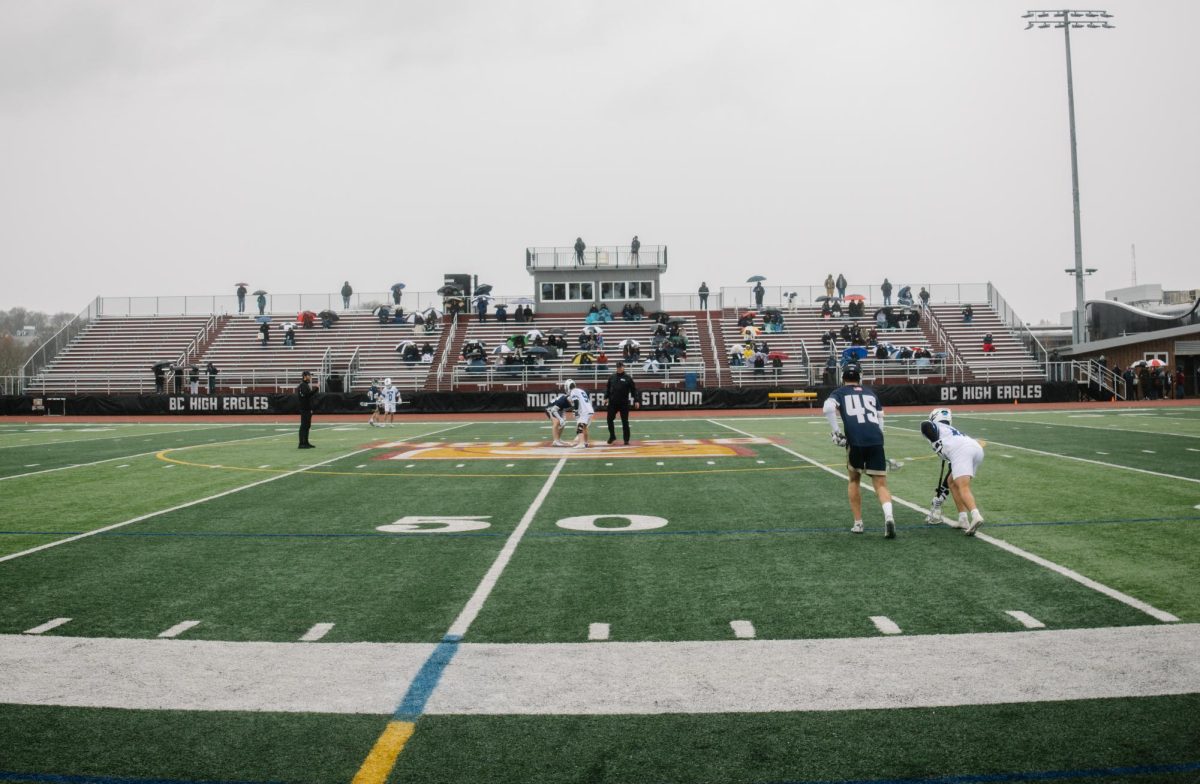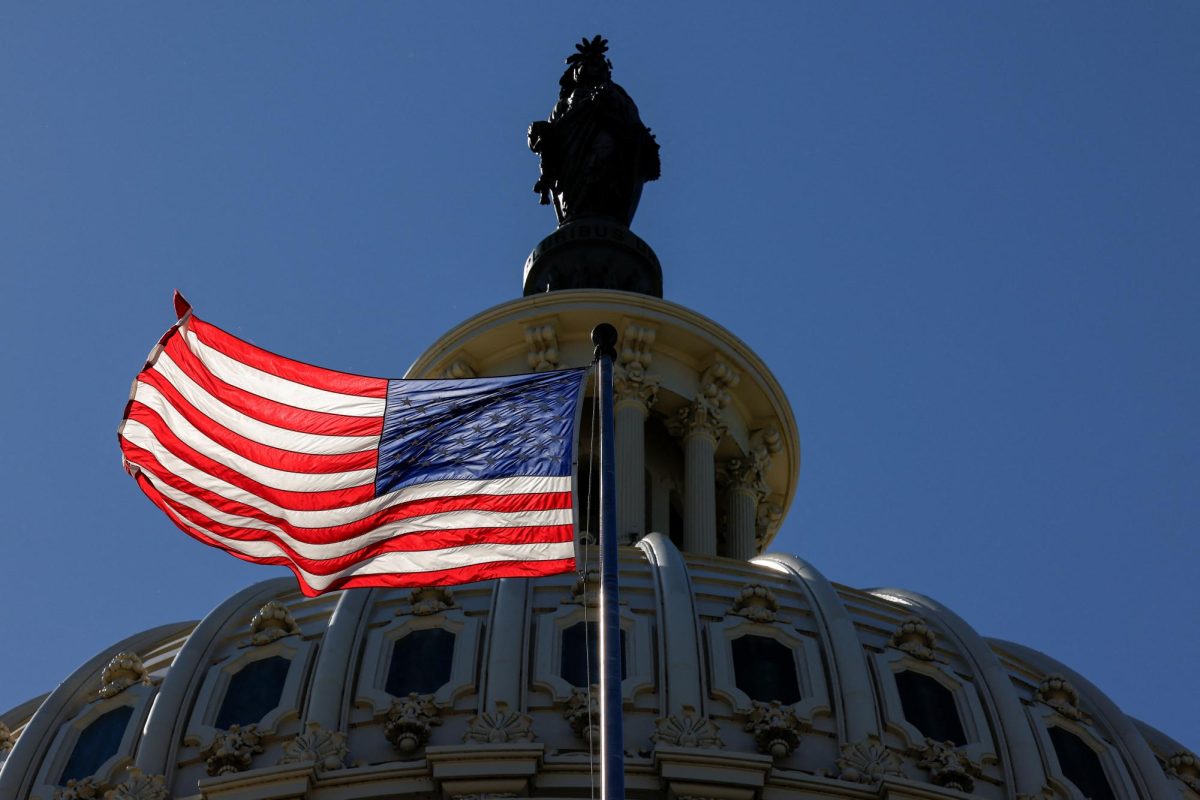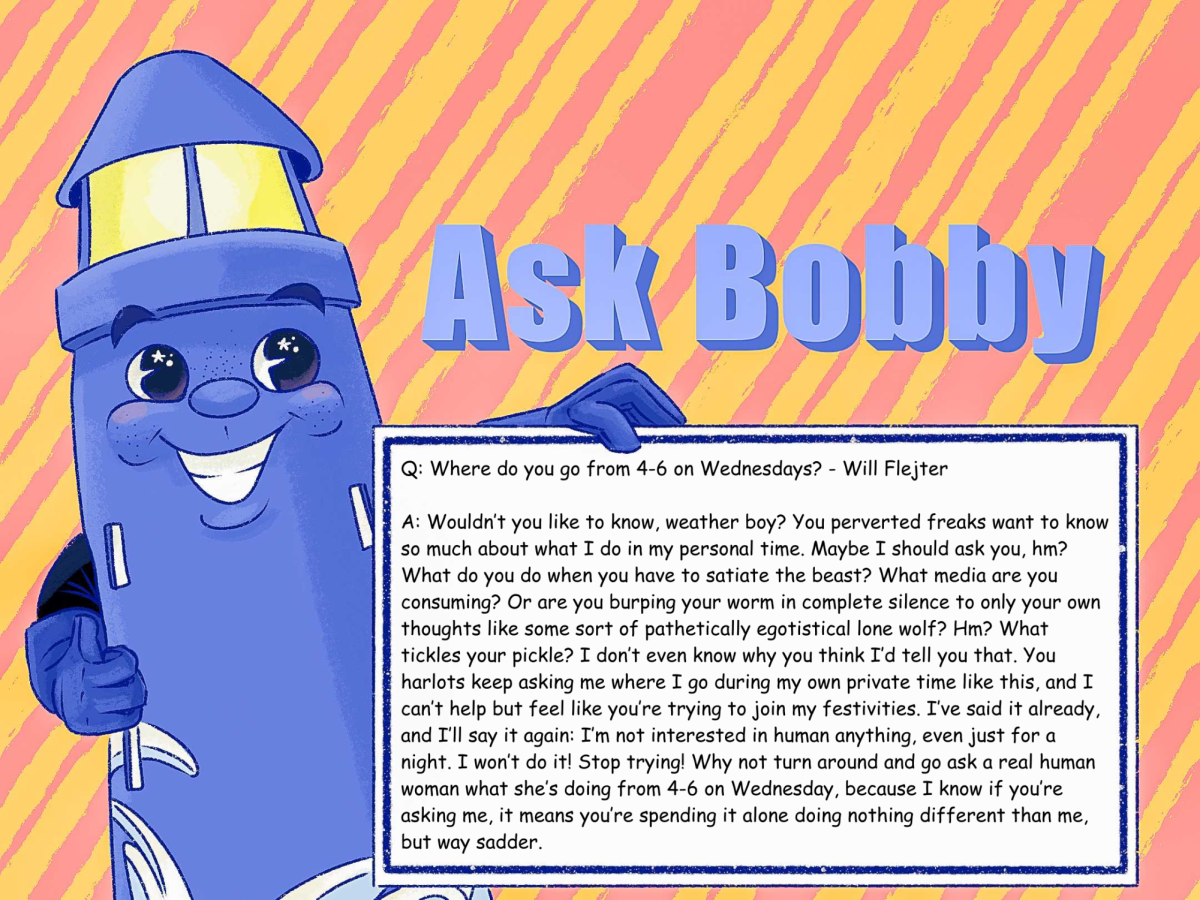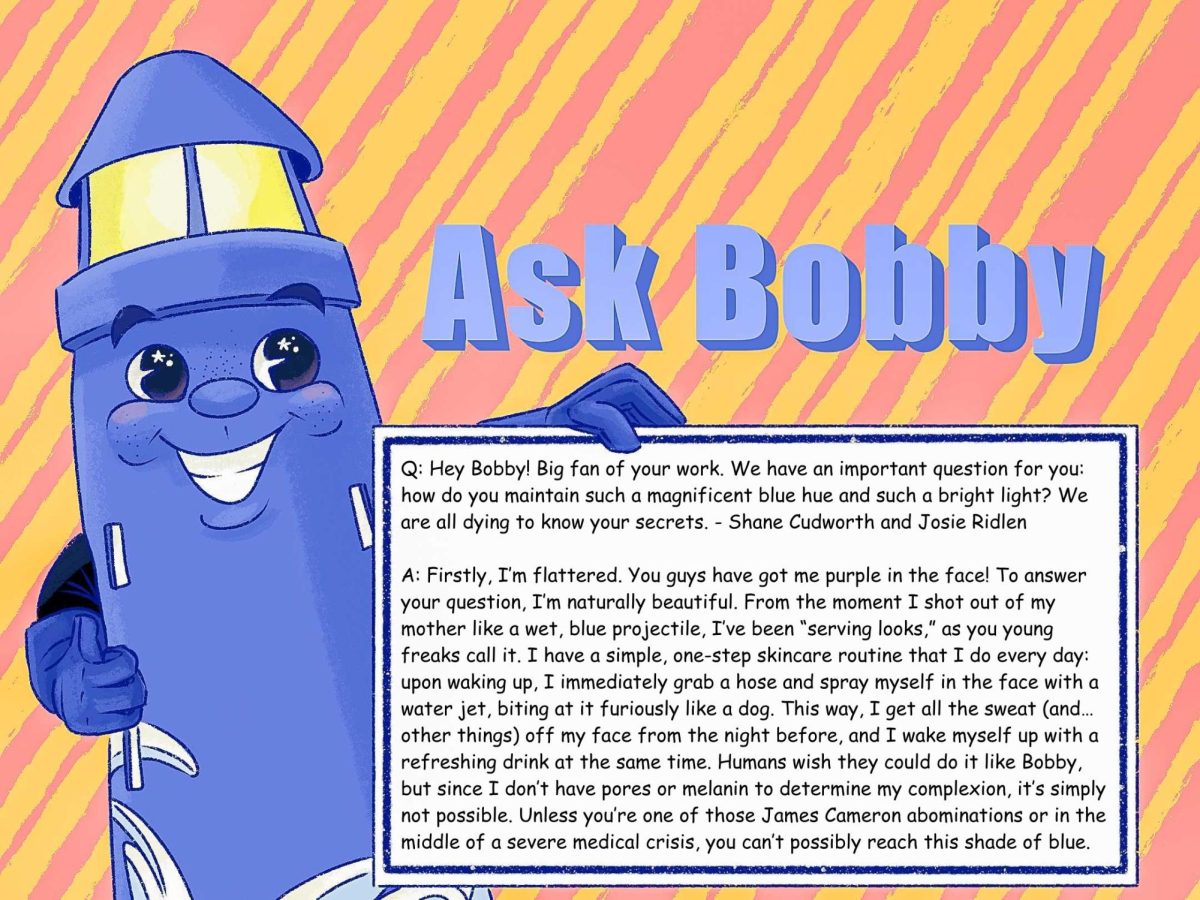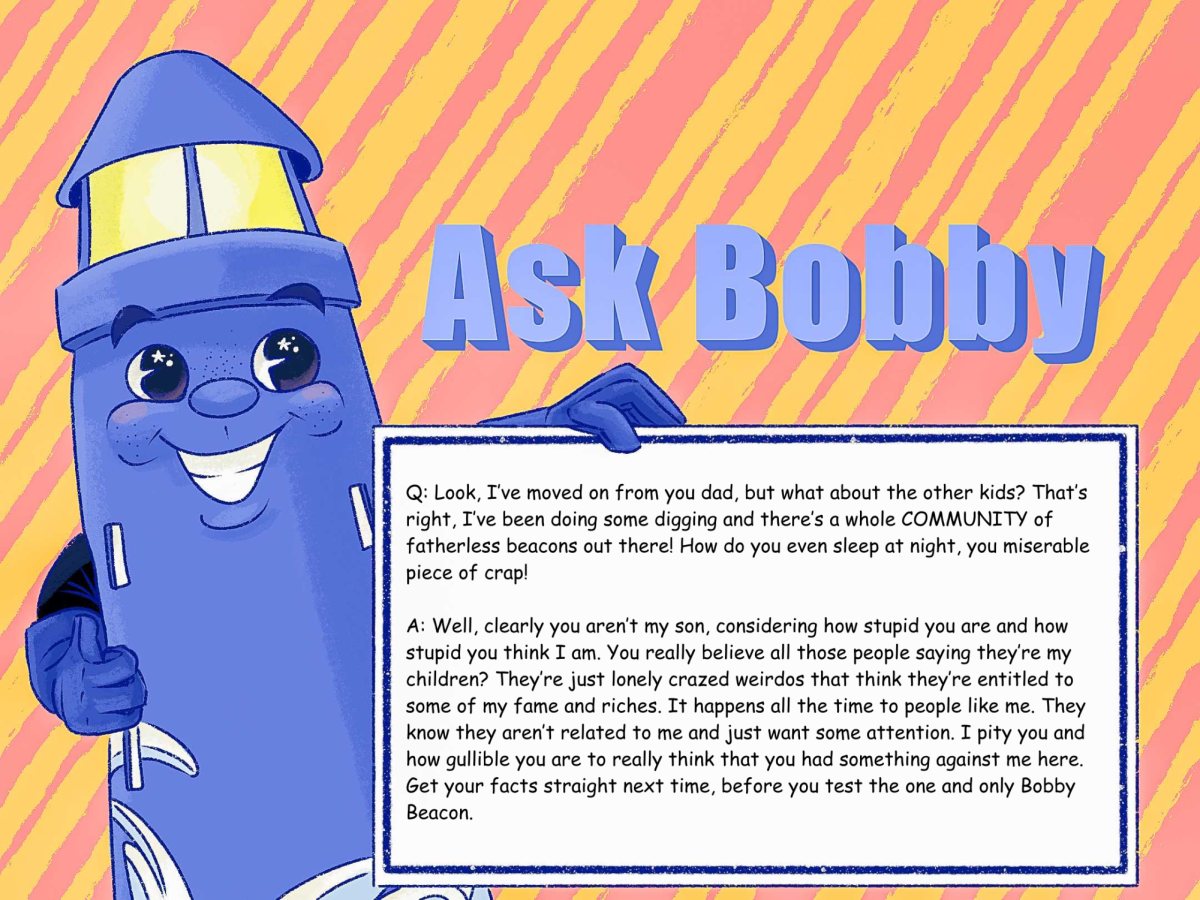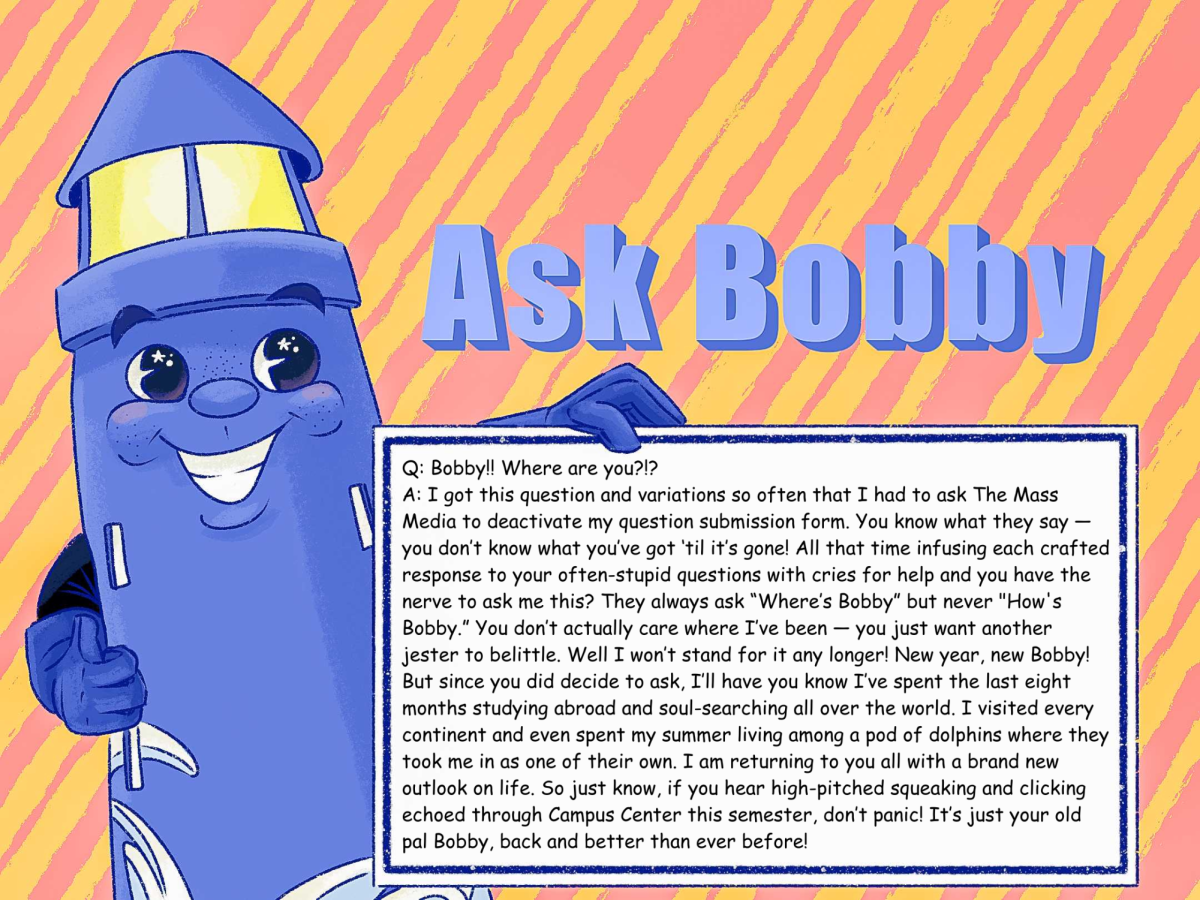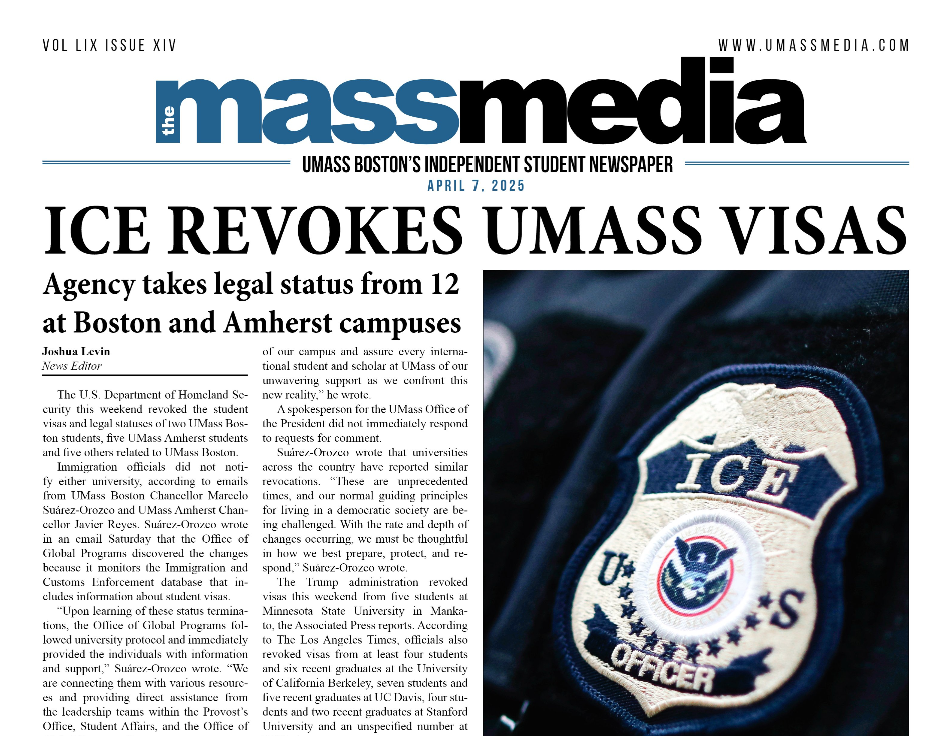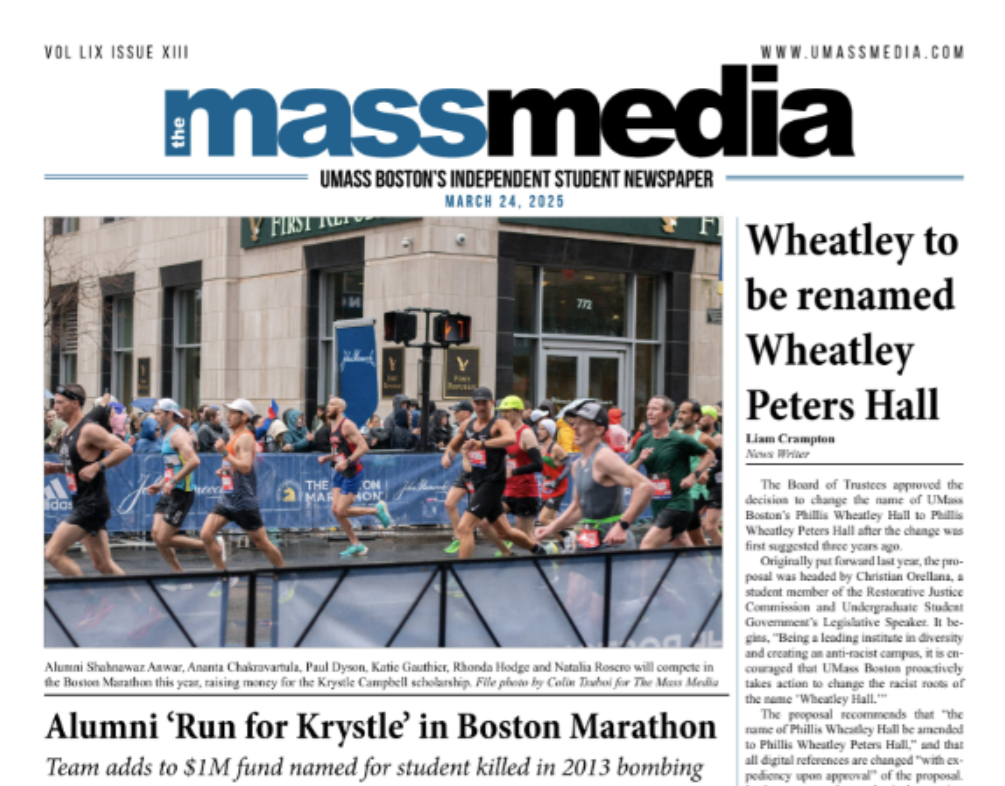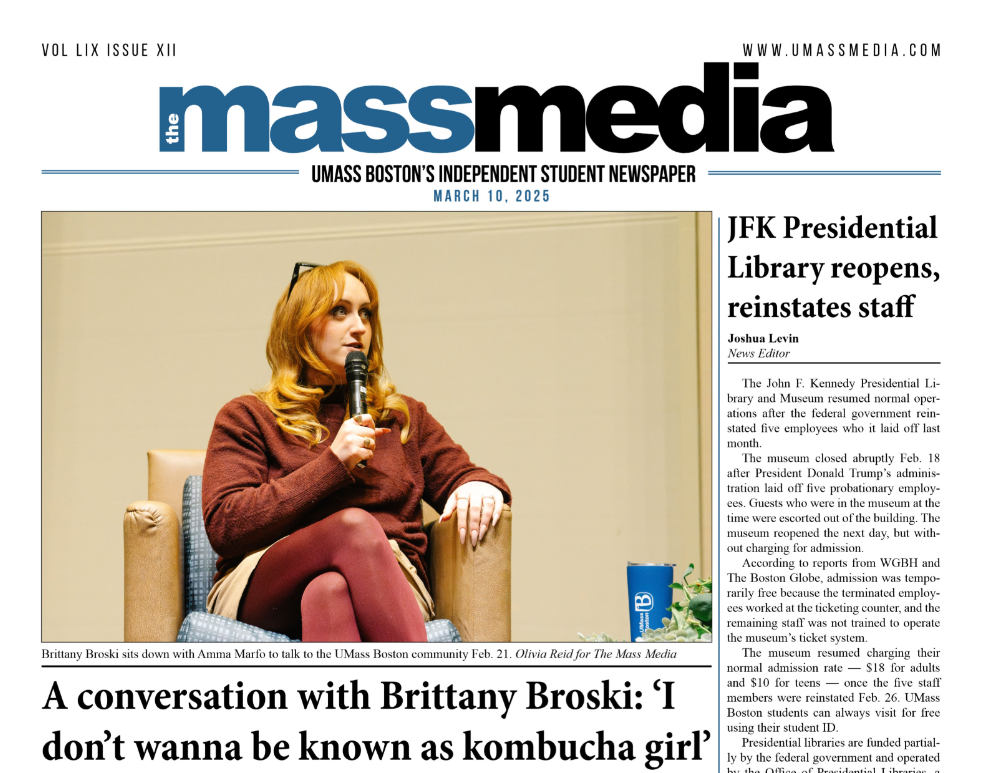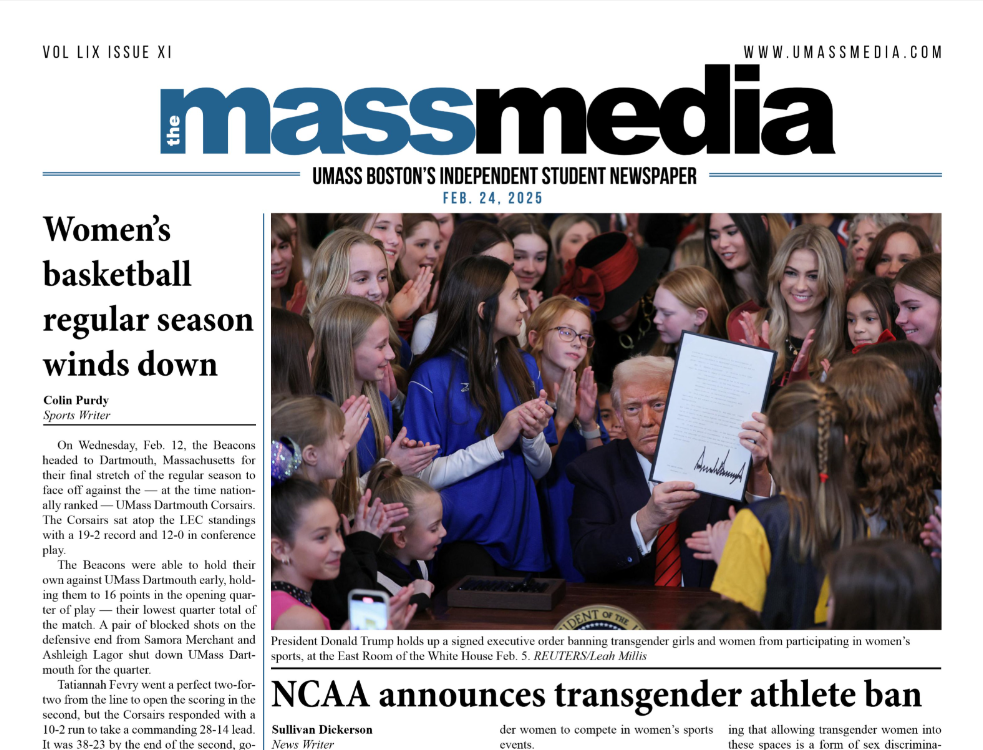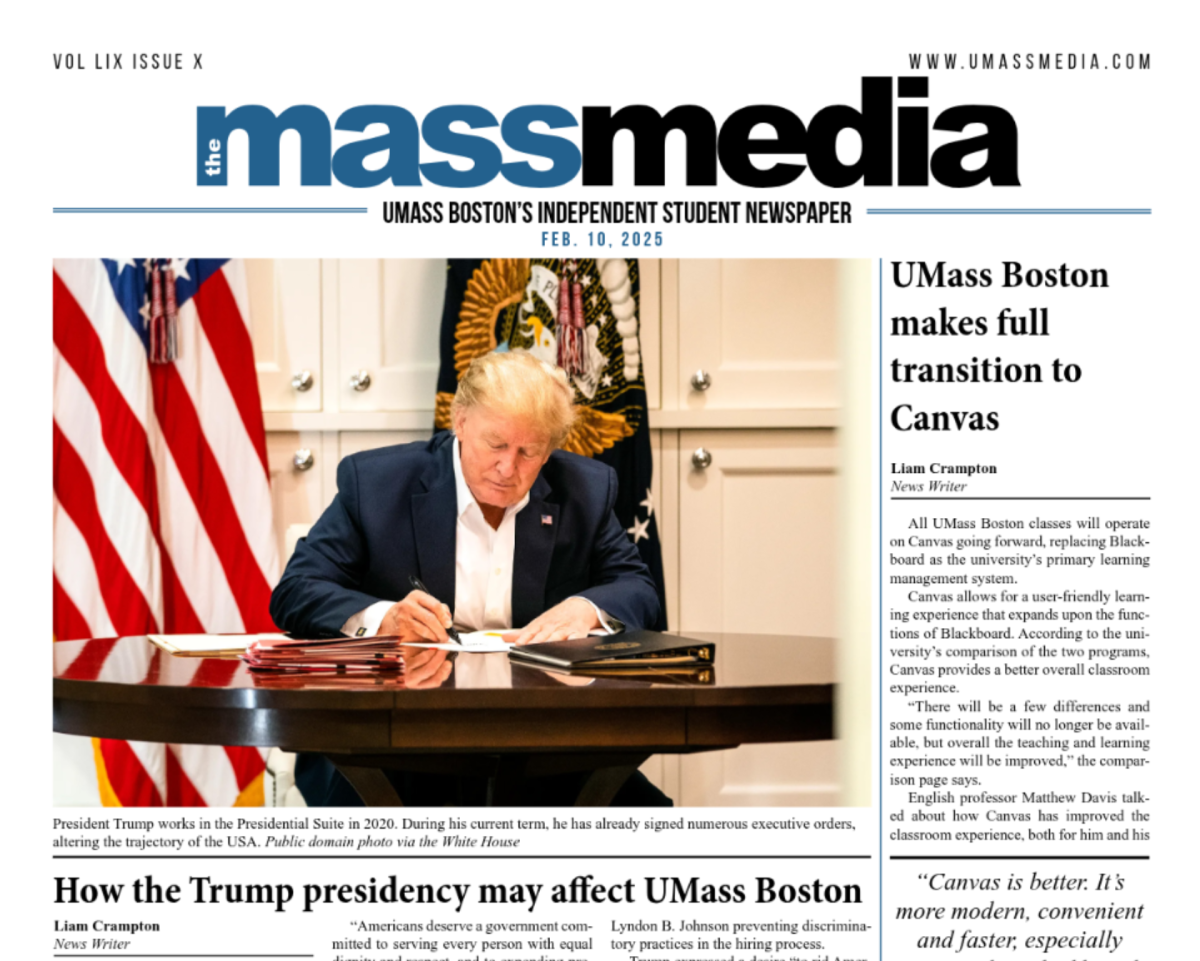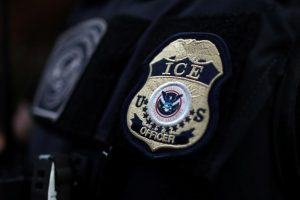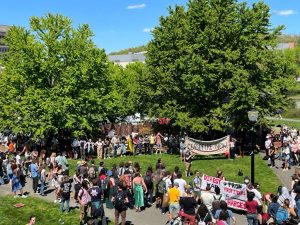Author(s) of Liberty
January 28, 2005
History has an ebb and flow of justice, but history also has a visible direction, set by liberty and the Author of Liberty,” President Bush noted during his second inaugural, mentioning the word “liberty” for the thirteenth and fourteenth time.
He would use that and the word “freedom” a total of 15 and 27 times, respectively, in a speech that will undoubtedly make it into future textbooks, as its staff of writers surely intended it to.But looking past the pretty prose, deeper meanings lay, none more so than in the continuous use of phrases that seek to intertwine religion and freedom as one, such as the one above.
“Bush made freedom sound like God’s call, a spiritual force that must be heard and answered willingly but that comes to all who have ears,” wrote online columnist Chris Suellentrop. “[H]ere was Bush proclaiming that God and freedom are on the same side, and that the End of History is in sight.”This can be seen as a nod and a reference back to the War on Terror as a “crusade,” as Bush labeled it soon after September 11. The clash of civilizations has come, and our American god is on our side. This should not come as a surprise, even to those who have not closely watched the second Bush’s presidency. It is widely known that our president has a penchant for religious references. A born-again Christian, the president’s favorite philosopher is Jesus.
But while such a reliance on religion can help one personally, especially through the toughest of times (as Bush himself has reportedly found with his struggle with alcohol), we should be wary of its place in the makings of foreign policy.
In his inaugural address, George Washington made his own references to “the Invisible Hand which conducts the affairs of men more than those of the United States,” and in his farewell address noted of “[n]o greater enemy of the state is there than those who labor to hide from man a view of whence cometh freedom, or who likewise labor to subvert the moral codes and Higher Laws that the very Author of our Liberty has laid down to keep us free.”
Bush has gone much farther than Washington could have ever dreamed, and the first president, who warned against “foreign entanglements,” would have at least raised an eyebrow at the Wilsonian undertones of the forty-third’s second inaugural.
With mentions of crusades, of a god on our side, “Religious war is the danger here, and it is a graver one than Americans think,” Boston Globe columnist James Carroll wrote in The Nation last September. Carroll adds that, throughout our history “America has always had a quasi-religious understanding of itself,” from the Puritans to Jefferson to Lincoln, and others. “But never before has America been brought deeper into a dynamite-wired holy of holies than in our president’s war on terrorism.”Contrary to what President Bush may believe, freedom and liberty are not one god’s call, no more than the oppression of people and suppression of knowledge was a god’s will, in what was appropriately called the Dark Ages.
It should be clear that freedom is not a divine right, heaven sent, but a human one. Only the people of a nation and the rest of the world, if it so chooses, can give it birth, whether it is through the overthrowing of a king from 3000 miles away, or a million-man march on Washington, or the signing of a universal document ensuring such human rights. Only a small group of people can attempt to crush it, take it away, and destroy it, as some countries have done in past and present times, by seeking to burn information instead of letting it spread, by forcing their fellow citizens to bow to their narrow beliefs instead of letting them stand, and by executing those who refuse to do either instead of discussing it like rational people.President Bush is right in saying that freedom “warms those who feel its power, it burns those who fight its progress, and one day this untamed fire of freedom will reach the darkest corners of the world.” But it is the people who are the authors of liberty, the captains of their fate, and the world’s, who have to spread it to those corners and beyond. It is a chapter to the supposed “End of History” that only we can write.
Here’s a start, by Charlie Chaplin, playing a Jewish barber in his 1940 film The Great Dictator: “You, the people, have the power; the power to create machines, the power to create happiness. You, the people, have the power to make life free and beautiful, to make this life a wonderful adventure. Then in the name of democracy let’s use that power-let us all unite.”


